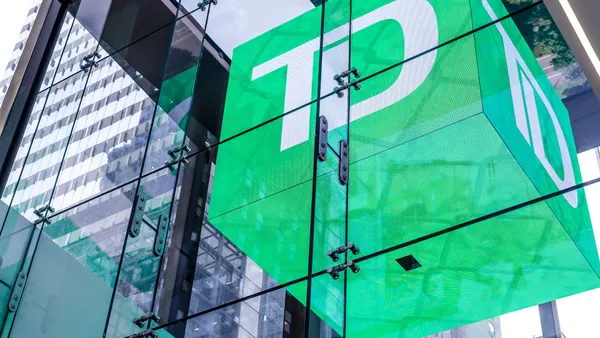Chris Bakke is the founder and CEO of Laskie.com. Views are the author's own.
For CEOs, executives, leaders, and hiring managers, it can be easy to blame hiring woes on abstract things outside of our control. At every level of a company, hiring matters and not a week goes by without hearing something like "The hiring market is crazy!" "There’s a talent shortage!" "The best candidates are impossible to find!" — but candidates are still being hired left and right.
Instead of endless worry about the market or talent shortages, evaluate hiring from the perspective of candidate experience. (And there's probably a lot of room for improvement.)
Is the applicant tracking system from 1994 with 77 required fields? Does the career page load on a mobile device?
When required fields in applicant tracking systems demand manual entry of entire resumes, companies miss out on great talent.
When recruiting teams wait 30+ days before reaching out to candidates, companies miss out on great talent.
When two weeks pass between interview stages, companies miss out on great talent.
When applications drop into black holes, companies miss out on great talent.
As an executive, then founder and now a founding CEO, by applying to jobs at my own companies, I've gained deep understanding about problems in our organizational hiring process. Other CEOs can do this too.
An "undercover applicant" can help to identify pain points that applicants encounter through employers' application process. These top-of-funnel steps can provide valuable information on what the rest of your process looks like, and this can be done in at least two ways:
Apply using an assumed name, fictitious resume, and email address. It can take some time to create a fake/sample resume that should pass the initial screening process. The goal isn’t to fake the entire interview process, but to find the timelines from the point of submitting a high-quality resume to receiving a notification from the recruiting team, then to the point of booking an initial interview or rejection.
When you apply as a founder or executive to your own company, it can be challenging to get into an initial screen without being recognized. An associate using a strong resume might have better luck getting into an initial interview, and, hopefully, they'll move on to additional screening processes like a panel interview, or an assessment. In this case, the associate is able to provide feedback about improving each step to the recruiting process.
CEOs and others who become "undercover applicants" may encounter frustrations in the applicant process. Ultimately, this new information can help improve job seeker experience.
Every time, this exercise has provided a list of things to improve and a list of reasons to congratulate the hiring team. Spending a few hours with this process every year has been transformative for the organization. It's highly recommended for all leaders in this challenging hiring market.












